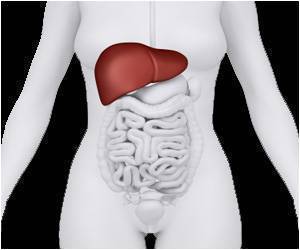NetSurgeon algorithm designed genetic surgeries that convinced the yeast cells to make more alcohol when fed a type of sugar found in the inedible leaves and stalks.

‘A computer scientist has developed a way to coax cells to do natural things under unnatural circumstances, which could be useful for stem cell research, gene therapy and biofuel production.’





For example, ordinary baker’s yeast cells
normally produce a lot of alcohol, a biofuel, when fed sugar extracted
from the edible kernels of corn plants. NetSurgeon designed genetic
surgeries that convinced the cells to make more alcohol when fed a type
of sugar found in the inedible leaves and stalks.The research is published in PNAS Early Edition.
“Yeast have been engineered to make alcohol out of xylose, a type of sugar found in the woody parts of plants, but they don’t do it very well,” Brent says. “We think the problem is not that they can’t do it, but that they don’t want to. So we have to convince them by making them use the same set of genes they use when they’re fed sugar from corn kernels. We sometimes think about this as causing the yeast to ‘hallucinate’ that they are in a sugar they like to turn into alcohol."
“Ultimately, what we want to impact is the behavior of the cells and the ways they respond to things,” Brent says. “One of the ways they respond is by changing the mix of cellular parts they are making. We’re trying to engineer the cells to change the mix of parts to do something associated with desirable behaviors, like becoming a liver cell or producing a biofuel. We call this ‘transcriptome engineering,’ because it changes the control circuits in order to change the production of many parts at once, rather than focusing on one part at a time.”
Brent’s research group focuses transcriptional regulatory networks, the control circuits by which cells sense their situation and respond to it by changing how much protein is made from each gene. The key components of these networks are transcription factors, or proteins that turn genes on and off. NetSurgeon takes in the current production level from each gene and the goal level and suggest transcription factors to remove, by deleting the genes that encode them, in order to move production levels toward the goals.
Advertisement
While Brent’s lab has been studying the way yeast responds to excess sugar, Brent says this technique can be applied to any organism.
Advertisement
Source-Eurekalert













